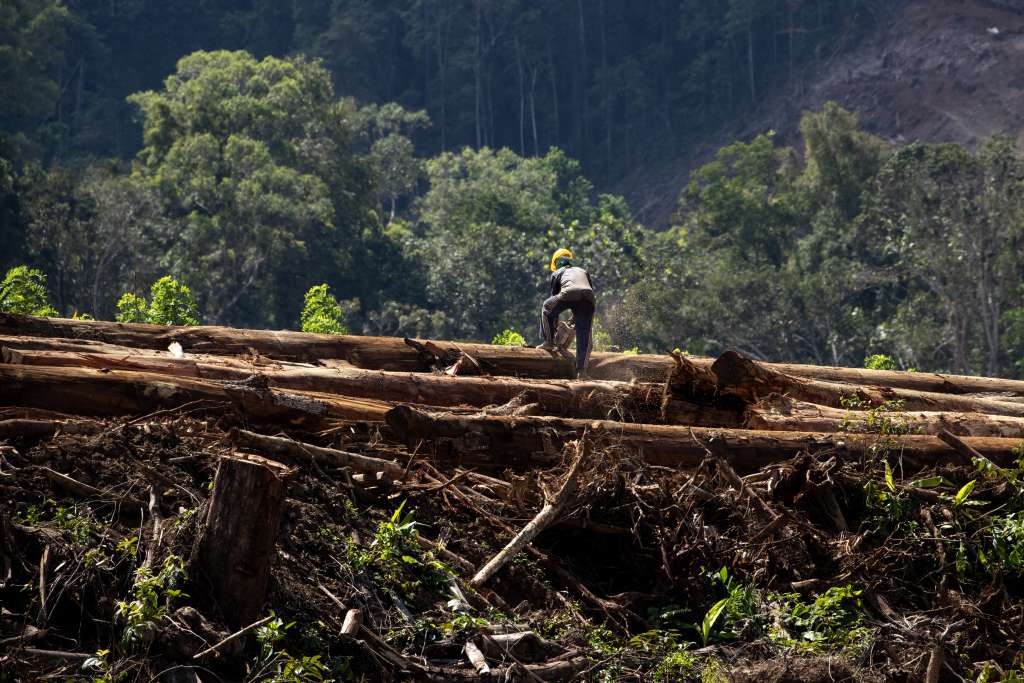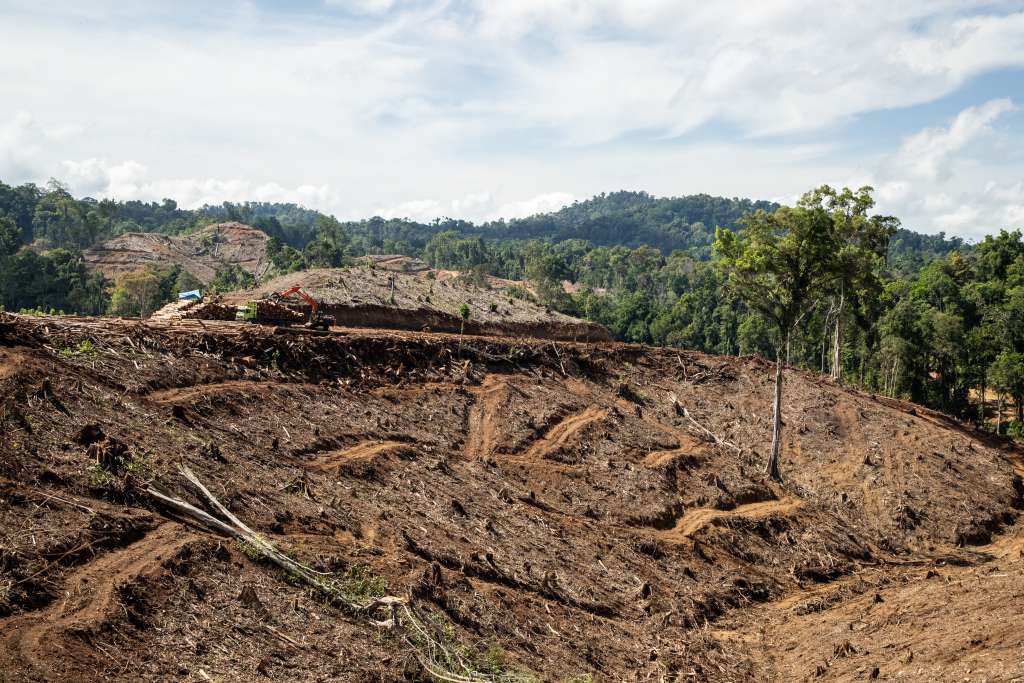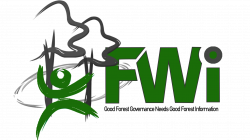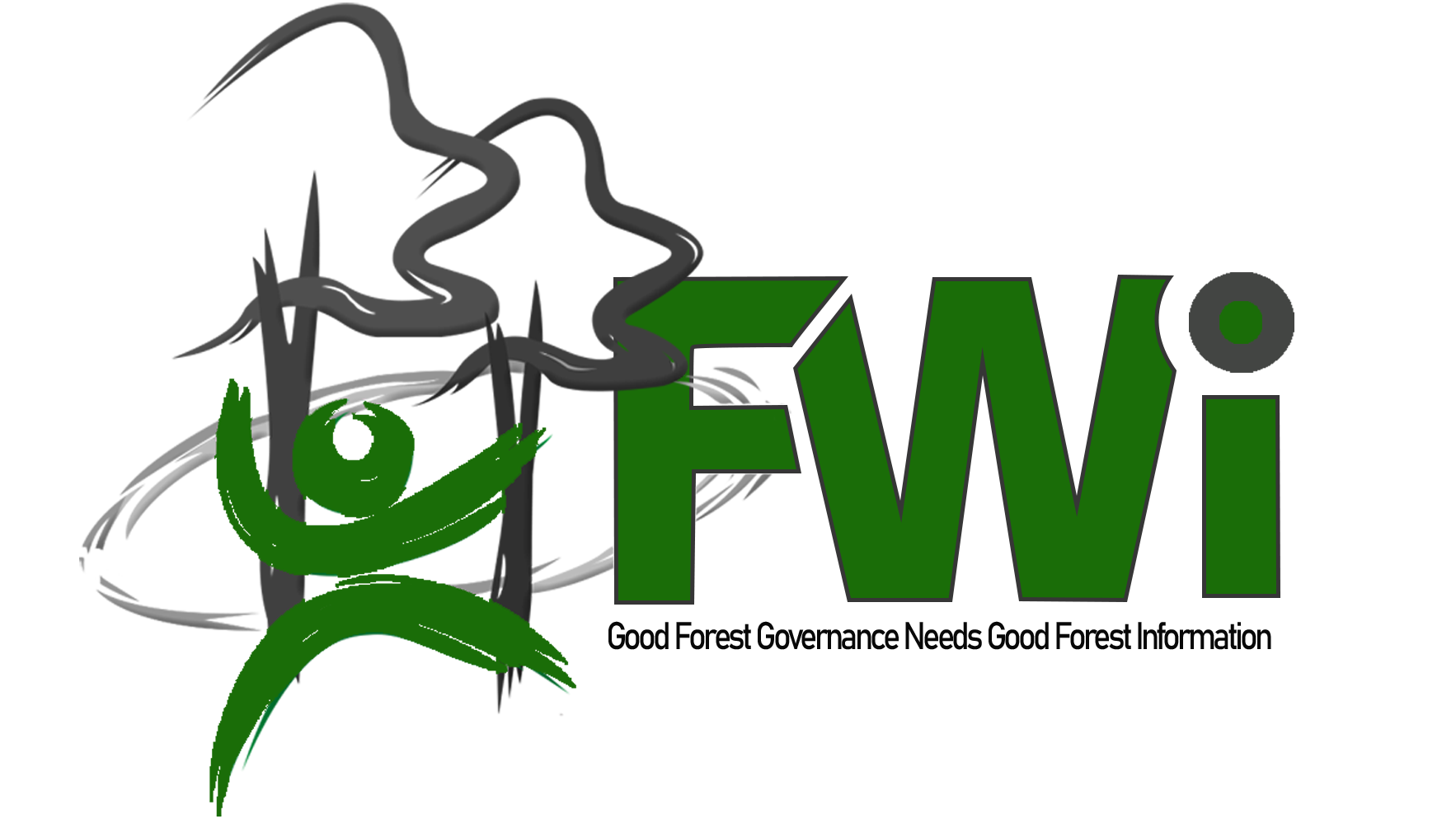
The practice of wood pellet illegal exports from Gorontalo has become a critical issue highlighted by Forest Watch Indonesia (FWI). This practice contributes to massive deforestation. Done by exploiting forests, which also linked to international market supply chains, particularly in South Korea and Japan. These countries are known to be major users of wood pellets as a substitute for coal as an energy source.
In the context of wood legality and legal gaps, companies often take advantage of easier licensing transformations. From previously single business types, companies are transitioning to various business types (multi-forest enterprises). Currently, many companies are shifting to biomass energy production, including wood pellets. Two companies in Gorontalo, initially palm oil plantation companies, applied for changes to the Ministry of Environment and Forestry in 2020 to become forest utilization companies. This change allows them to manage larger areas with minimal supervision, resulting in faster deforestation, as seen in Gorontalo.
FWI’s investigation team found that wood pellet industrial companies are harvesting natural wood as raw material for wood pellets, rather than from rehabilitated or planted wood. These companies do this using the clear-cutting method of harvesting (land clearing). An official report from the certification body, PT Equality Indonesia revealed that the wood pellet industry only cuts down two types of trees: Jambu-Jambu and Nyatoh. In the 22nd export, the type of wood cut directly changed to six types of wood as of August 26, 2024, or ten days after the capture of the foreign vessel MV Lakas carrying wood pellets in Gorontalo waters by Bakamla RI.
The problem is further complicated by illegal transshipment practices in Gorontalo waters. The foreign ships involved in transporting wood pellets often lack valid certificates but can still operate due to existing legal loopholes.
Muhammad Ichwan, Executive Director of JPIK, stated that the context of legal violations and manipulations regarding wood legality, particularly post-reformation, is a significant issue that undermines forest governance. This practice involves the export of log wood and processed wood to countries such as China, Vietnam, and now Japan and South Korea.
Although the government has attempted to enforce regulations through various systems, such as the Wood Legality Verification System (SVLK), legal loopholes continue to be exploited by companies for profit from forest exploitation. Licensing transformations often serve as a modus operandi for companies to exploit forests. Many companies disappear after depleting natural forests within their concessions.
Crisis Point: Manipulation of Wood Legality Documents
The expansion of monitoring by civil society organizations and networks like the Independent Forest Monitoring Network (JPIK) shows how companies exploit regulatory weaknesses to manipulate forest product utilization, especially wood. One of the main issues is the non-compliance by companies with forest utilization permits, where the volume of logging often exceeds permitted quotas or occurs outside permitted areas.
The SVLK itself actually aims to prevent illegal practices in wood trade, emphasizing three main aspects: sustainability, legality, and traceability of wood. JPIK has found many cases of falsified or manipulated wood legality, including the use of fake documents in the wood distribution chain.
One common modus operandi is the use of the Confirmation Letter of Legal Timber Products (SKSHHK) for processed wood that actually comes from illegal forest areas. This often occurs in major port areas like Surabaya, where hundreds of illegal wood containers from Papua and Kalimantan enter with “cleaned” documents. Even manipulations in production reports have also been found, where the reported volume of wood is often significantly lower than the actual amount.
Furthermore, there are instances of SVLK document forgery, creating the illusion that the wood is legal, while in reality, it comes from illegal logging. This scheme involves multiple companies, where illegal wood documents are “cleaned” through several companies to disguise their origin before finally being exported.

Muhammad Ichwan even discovered the practices of document laundering, such as SKSHHK, occurring in over five companies. These items are illegal goods that, upon reaching Surabaya, the second largest port for wood export after Jakarta, have their documents cleaned by these companies. Although the physical items do not change hands, the documents appear to circulate among five different companies before finally entering the primary company in the end. This is one of the common modus operandi.
There are also practices of SVLK document forgery (Wood Legality Verification System). All suppliers involved should have SVLK certification to ensure that their raw materials are legal. However, companies in East Java, Central Java, and West Java have been found receiving raw materials from suppliers without SVLK certificates.
V-Legal, which must be used for wood derivative products such as wood pellets and plywood, still involves non-producer exporters. Because the SVLK certification process and audits are costly, many companies end up partnering with exporters who possess SVLK, paying a fee per container based on the risk level of the wood. Companies with V-Legal and SVLK become places for “flag custody,” working with Customs Service Companies at ports to manage documents and avoid high costs.
Another critical point is in the certification process. Many companies have their certifications frozen or revoked due to violations, but easily obtain new certifications from other institutions without any effective blacklisting or sanctions. More worryingly, public access to data related to wood export-import has become increasingly difficult. The SIL (Wood Legality Information System), which should facilitate real-time monitoring, has become closed.
This note is sourced from a Roundtable discussion between CSOs and the media organized in collaboration with FWI and AJI Jakarta on September 26, 2024, in Jakarta.
Contact person: Media FWI (0857-2034-6154)
JPIK Presentation Material on Legal Loopholes in Violations of Wood Pellet Exporting Companies can be downloaded at the link below:



